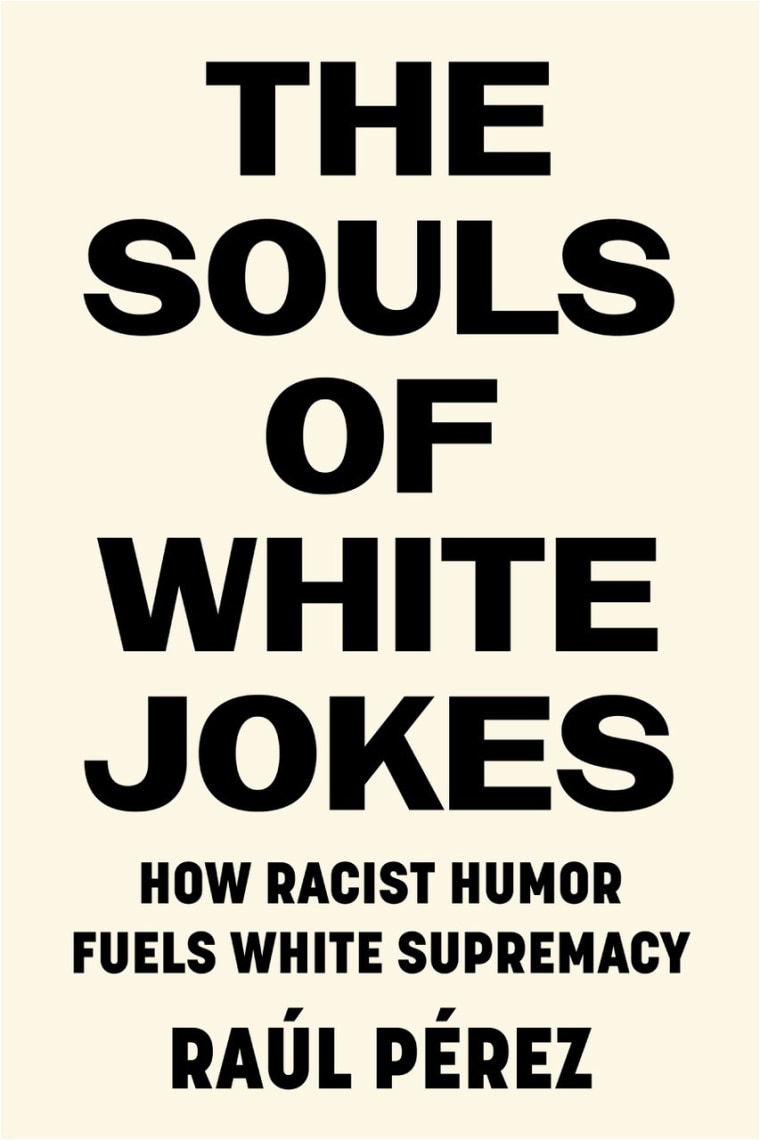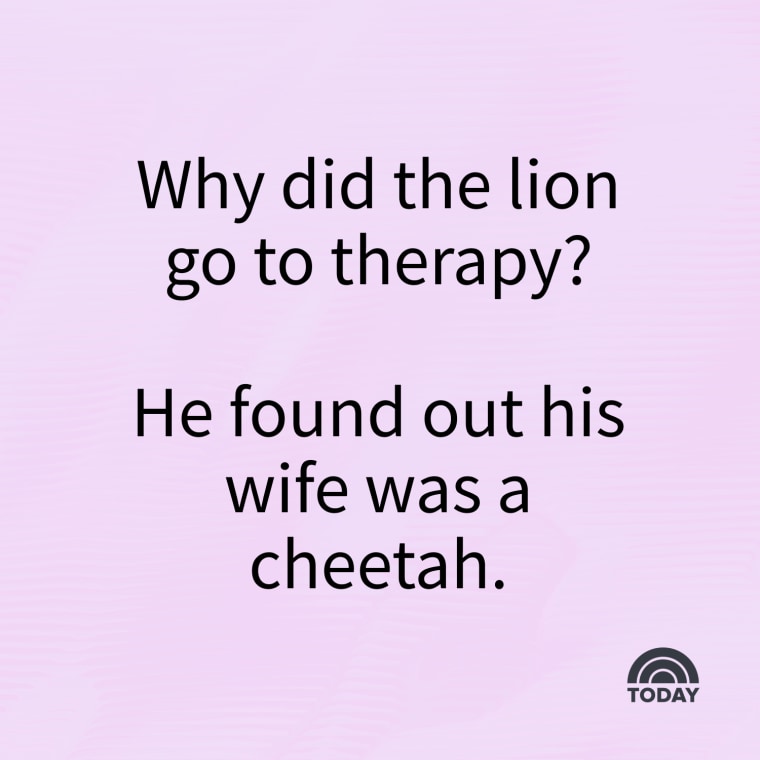Let’s dive into a topic that’s both uncomfortable and intriguing—dark humor and racist jokes. If you’ve ever found yourself laughing at something controversial or questioning why people even joke about such sensitive subjects, you’re not alone. The world of dark humor is a labyrinth of psychology, culture, and human behavior. But here’s the deal: it’s not just about making people laugh. It’s about understanding why we laugh—and sometimes why we shouldn’t.
Dark humor and racist jokes have been around for centuries, evolving with society’s norms and taboos. They challenge us to think critically about what’s acceptable, what’s offensive, and where the line lies between the two. This isn’t just about comedy; it’s about exploring the human condition, our biases, and the impact of words on individuals and communities.
In this article, we’ll break down the complexities of dark humor, the psychology behind it, and the dangers of crossing into racist territory. We’ll also discuss how society is changing its stance on these jokes and why it matters. So grab a seat, keep an open mind, and let’s navigate this tricky terrain together.
Read also:Www5movierulzcom Kannada 2025 Your Ultimate Guide To Exploring The Latest Kannada Movies
Here’s what we’ll cover:
- What is Dark Humor?
- The Psychology of Dark Humor
- Racist Jokes in History
- Why Do People Laugh at Controversial Jokes?
- The Impact of Racist Jokes on Society
- Cultural Differences in Humor
- Modern Perspectives on Dark Humor
- When Is It Okay to Joke About Sensitive Topics?
- The Role of Media in Shaping Dark Humor
- Conclusion: Navigating the Line Between Laughter and Offense
What is Dark Humor?
Dark humor, or black comedy, is a genre of humor that makes light of serious, sensitive, or taboo subjects. Think death, disease, war, and discrimination. It’s not your everyday knock-knock joke; dark humor dives deep into the grim and controversial aspects of life. But why do we do it? Is it wrong to laugh at something so serious? Well, buckle up because this gets interesting.
Dark humor often serves as a coping mechanism. It allows people to confront their fears and anxieties in a less threatening way. By turning tragedy into laughter, individuals can process their emotions and find a sense of control over the uncontrollable. However, the line between dark humor and offensive jokes can be razor-thin.
Some people argue that dark humor is a form of rebellion against societal norms. It challenges the status quo and forces us to confront uncomfortable truths. Others believe it perpetuates harmful stereotypes and undermines efforts to create a more inclusive world. So, where do we draw the line?
Examples of Dark Humor
Let’s look at some classic examples of dark humor:
- “I’m on a seafood diet. I see food, and I eat it.” — A play on words that humorously addresses overeating.
- “I told my doctor I broke my arm in two places. He told me to stop going to those places.” — A joke about injury.
- “I’m so tired, I could sleep for a year. But then I’d wake up a year older.” — A humorous take on aging.
While these jokes might make you chuckle, they also highlight how we use humor to deal with uncomfortable topics.
Read also:5movierulz 2022 Ndash Download Your Ultimate Guide To Movies
The Psychology of Dark Humor
Now, let’s get into the nitty-gritty. Why are some people drawn to dark humor while others find it repulsive? It all comes down to personality traits and cognitive processes. Research shows that individuals who enjoy dark humor tend to have higher levels of intelligence and emotional stability.
According to a study published in the journal Cognitive Processing, people who appreciate dark humor are better at solving complex problems and have a more balanced emotional state. This might sound counterintuitive, but humor, even the dark kind, can be a sign of mental strength.
However, it’s not just about intelligence. Cultural background, personal experiences, and even genetics can influence how someone perceives dark humor. For some, it’s a way to bond with others who share similar views. For others, it’s a way to distance themselves from the harsh realities of life.
Is Dark Humor Always Harmless?
Not necessarily. While dark humor can be a tool for healing and connection, it can also reinforce negative stereotypes and perpetuate harm. It’s essential to consider the context and audience when using dark humor. What might be funny to one person could be deeply offensive to another.
Racist Jokes in History
Racist jokes have a long and sordid history. From minstrel shows in the 19th century to modern-day memes, they’ve been used to dehumanize and marginalize entire groups of people. But why do they persist? And what can we do to stop them?
In the past, racist jokes were often used as a tool of oppression. They reinforced harmful stereotypes and justified discriminatory practices. For example, during the Jim Crow era in the United States, blackface performances were common. These performances caricatured African Americans, perpetuating racist beliefs and attitudes.
Even today, racist jokes can slip into mainstream media and social circles. They might seem harmless at first glance, but they contribute to a culture of intolerance and division. It’s crucial to recognize the impact of these jokes and challenge them whenever they arise.
The Evolution of Racist Jokes
Over time, society’s attitudes toward racist jokes have shifted. What was once considered acceptable is now widely condemned. This change is partly due to increased awareness and activism around issues of race and equality. However, the battle is far from over. Racist jokes still exist in subtle forms, often disguised as "just a joke."
Why Do People Laugh at Controversial Jokes?
Laughter is a complex emotion. It can be a sign of joy, relief, or even discomfort. When it comes to controversial jokes, laughter often stems from a mix of these emotions. People might laugh to avoid confrontation, to fit in with a group, or simply because they find the joke funny.
However, laughter doesn’t always mean agreement. Sometimes, people laugh because they’re shocked or unsure how to respond. This is where the danger lies. Laughing at a racist joke doesn’t necessarily mean someone supports racism, but it can normalize harmful behavior.
The Role of Intent
Intent plays a significant role in how we perceive jokes. Was the joke meant to harm or offend? Or was it a genuine attempt at humor? Understanding the intent behind a joke can help us navigate the complexities of dark humor and racist jokes.
The Impact of Racist Jokes on Society
Racist jokes have a profound impact on society. They contribute to systemic racism, perpetuate stereotypes, and create a hostile environment for marginalized groups. But it’s not just about the jokes themselves; it’s about the culture they create.
When racist jokes go unchecked, they send a message that discrimination is acceptable. They erode trust, foster division, and hinder progress toward equality. It’s crucial to address these jokes head-on and challenge the attitudes that underpin them.
How to Respond to Racist Jokes
If you encounter a racist joke, it’s important to respond in a way that educates rather than alienates. Here are a few tips:
- Call it out. Politely explain why the joke is offensive and harmful.
- Ask questions. Encourage the person to reflect on why they find the joke funny.
- Use humor. Sometimes, the best way to counter a bad joke is with a good one.
- Walk away. If the conversation becomes too heated, it’s okay to disengage.
Cultural Differences in Humor
Humor isn’t universal. What’s funny in one culture might be offensive in another. Cultural differences play a significant role in how people perceive dark humor and racist jokes. For example, in some countries, self-deprecating humor is a common way to bond with others. In others, it might be seen as a sign of weakness.
Understanding these differences is key to navigating the world of humor. It’s important to be mindful of cultural norms and avoid making assumptions about what’s acceptable or funny.
Global Perspectives on Dark Humor
Let’s explore how different cultures approach dark humor:
- United States: Dark humor is often used to challenge authority and question societal norms.
- United Kingdom: Brits have a reputation for their dry wit and love of sarcasm, which often includes dark humor.
- Germany: Due to its history, Germany has strict laws against jokes about the Holocaust and other sensitive topics.
- Japan: Japanese humor tends to focus on wordplay and situational comedy, with less emphasis on dark or controversial subjects.
Modern Perspectives on Dark Humor
In today’s world, dark humor is more polarizing than ever. With the rise of social media, jokes can spread quickly and reach a global audience. This has led to increased scrutiny of what’s considered acceptable humor. While some argue that political correctness stifles free speech, others believe it’s necessary to create a more respectful and inclusive society.
The key is finding a balance. We can still laugh at the absurdities of life without offending or hurting others. It’s about being mindful of the impact our words have and choosing humor that brings people together rather than tearing them apart.
The Role of Comedy in Social Change
Comedy has always been a powerful tool for social change. From satire to stand-up, comedians have used humor to challenge authority, expose injustice, and spark conversations. However, with great power comes great responsibility. Comedians must be aware of the impact their jokes have and strive to use their platform for good.
When Is It Okay to Joke About Sensitive Topics?
There’s no easy answer to this question. It depends on the context, the audience, and the intent behind the joke. However, there are a few guidelines to consider:
- Know your audience. What might be funny to one group could be offensive to another.
- Consider the intent. Is the joke meant to harm or to heal?
- Be mindful of the impact. Even if you didn’t mean to offend, it’s important to acknowledge the harm caused.
- Use humor responsibly. Comedy can be a powerful tool, but it should be used with care.
Setting Boundaries
Setting boundaries is crucial when it comes to dark humor. It’s important to recognize when a joke crosses the line and becomes harmful. This might mean avoiding certain topics altogether or approaching them with sensitivity and respect.
The Role of Media in Shaping Dark Humor
Media plays a significant role in shaping our perceptions of dark humor. From movies and TV shows to social media and memes, the media influences what we find funny and acceptable. However, this influence can be both positive and negative.
On the positive side, media can bring attention to important issues and challenge societal norms. On the negative side, it can perpetuate harmful stereotypes and normalize offensive behavior. It’s up to us as consumers to critically evaluate the media we consume and choose content that aligns with our values.
Examples of Dark Humor in Media
Here are a few examples of dark humor in media:
- “Dr. Strangelove”: A classic film that uses dark humor to critique nuclear warfare.
- “The Office”: A TV show that often uses awkward and uncomfortable situations for comedic effect.
- “BoJack Horseman”: An animated series that tackles heavy topics like depression and addiction with a mix of humor and heart.
Conclusion: Navigating the Line Between Laughter and Offense
In conclusion, the world of dark humor and racist jokes is complex and multifaceted.


